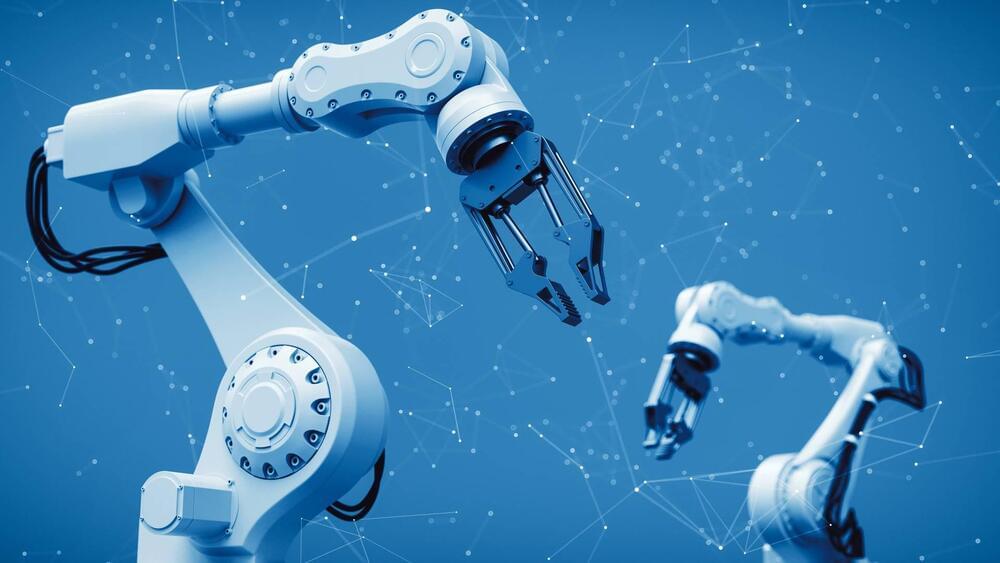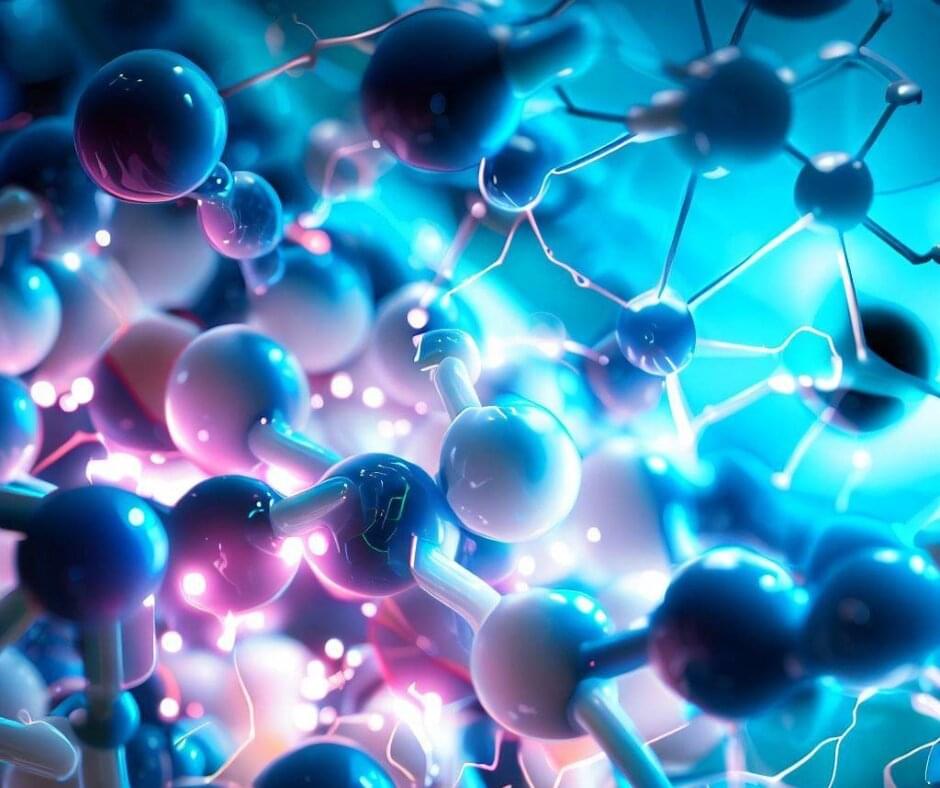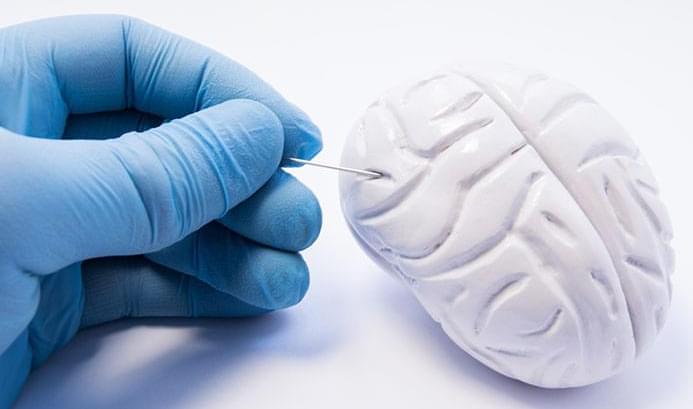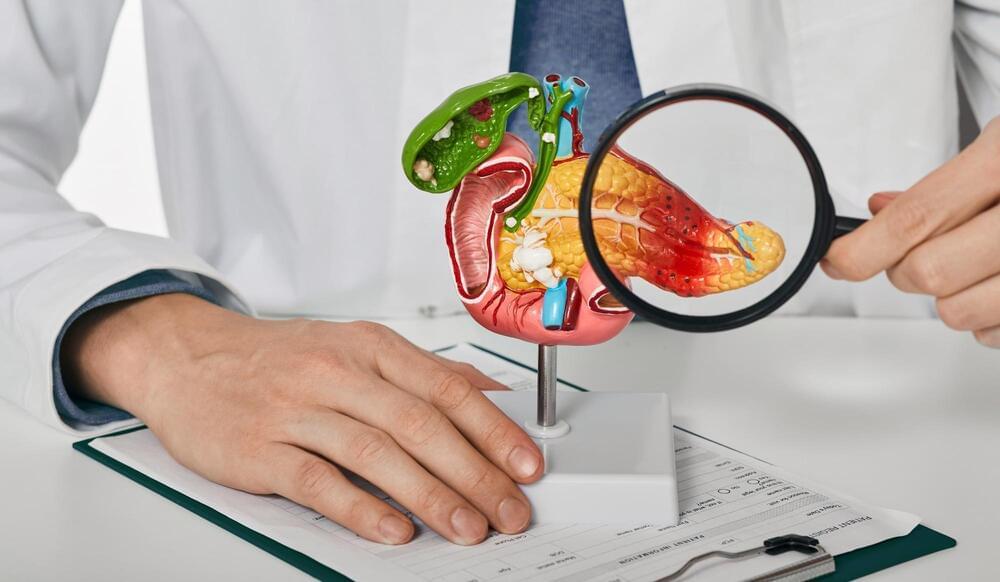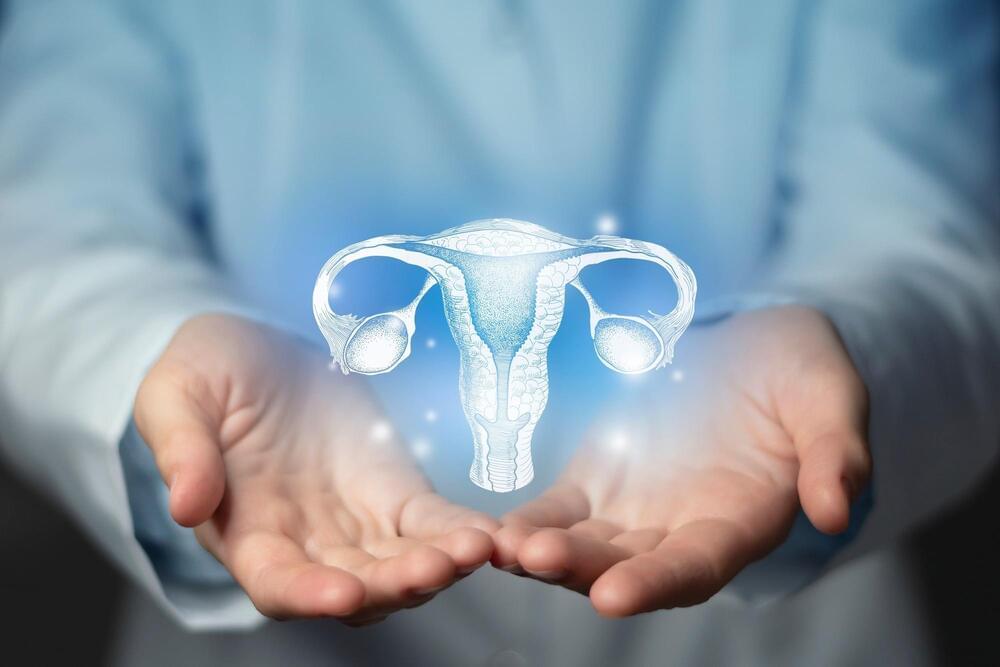Working on your muscles could help delay the onset of Alzheimer’s symptoms, researchers have revealed.
Researchers from the Federal University of São Paulo and the University of São Paulo in Brazil have uncovered strong evidence that resistance training – where muscles are worked against a weight or a force – could have significant consequences for the brains of dementia patients.
Before you hurriedly renew your gym membership or break out the home exercise equipment, it’s worth bearing in mind that this was a mouse model study. Nevertheless, the same principles are likely to apply to humans.

